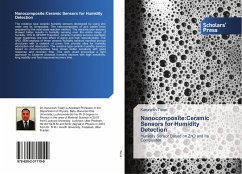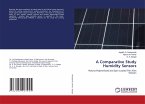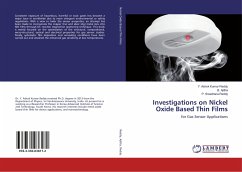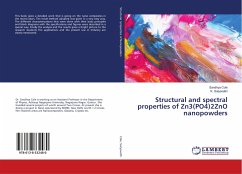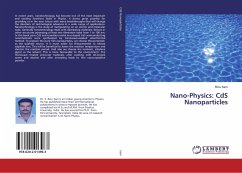The resistive type ceramic humidity sensors developed by using zinc oxide and its composites. The nanocomposites of zinc oxides have prepared by the solid-state reaction method. The resistive type sensors showed better results in humidity sensing over the entire range of humidity 10% to 90%RH.Therefore, ceramic humidity sensors manifests lower hysteresis, the less effect of aging and high reproducibility. The XRD, SEM analysis of these ceramic humidity sensors manifest porous structures with a network of pores that provide sites for humidity adsorption and desorption. The resistive type ceramic humidity sensors based on nanocomposites have shown better sensitivity with good response and recovery time. This work could encourage a right approach to blueprint practical humidity sensors with high sensitivity, long stability and fast response/recovery time.
Bitte wählen Sie Ihr Anliegen aus.
Rechnungen
Retourenschein anfordern
Bestellstatus
Storno

